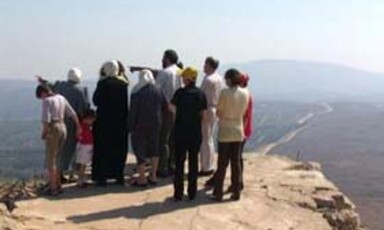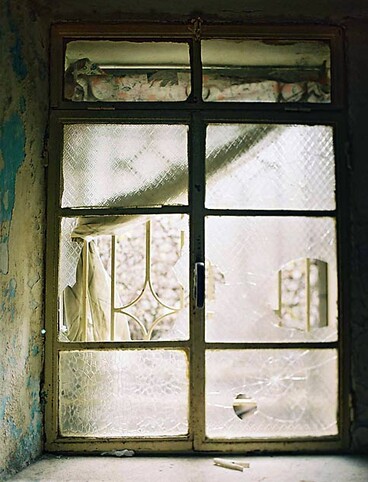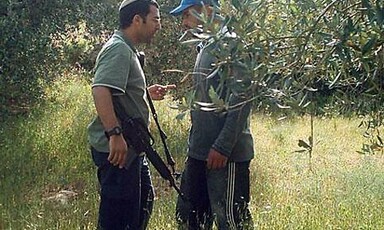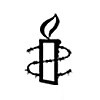
Israeli apologia in the Sunday New York Times
27 April 2005
“Daniel Okrent’s attempt at further Israeli apologia in the Sunday NY Times (“The Hottest Button: How the Times Covers Israel and Palestine”, April 24, 2005), in which he pretends to summarize the ‘criticisms’ of the paper of record, conveniently ignoring the crucial aspect of anti-Arabism visible throughout regular Times reports.” Dane Baker submitted this response to the article in New York Times. Read more about Israeli apologia in the Sunday New York Times








